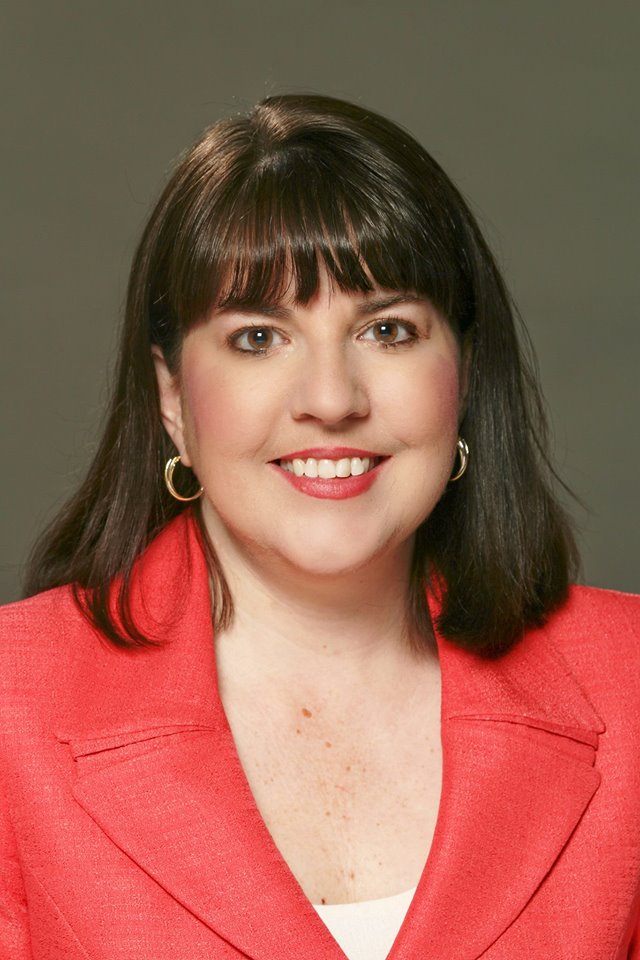Millennials in PR Feel Unprepared to Offer Companies Advice on Moral Dilemmas at Work, Study Finds
As the ‘doers’ become ‘deciders,’ they also don’t expect to encounter ethical issues on the job, Baylor researcher says
Follow us on Twitter:@BaylorUMedia
Contact: Terry Goodrich,(254) 710-3321
WACO, Texas (Feb. 27, 2017) — Millennials who are pursuing careers in public relations do not feel prepared to offer advice on ethics to their companies — and in fact, they do not expect to face ethical dilemmas at work, according to a Baylor University study.
Millennials or Generation Y — generally identified as people born between 1981 or 1982 through 2000 — are projected to make up one third to one half of the country’s workforce by 2025. They will shift from being “doers” to being “deciders” in businesses, and their ethical compass will set the course for subsequent generations of public relations professionals, said study author Marlene Neill, Ph.D., assistant professor of journalism, public relations and new media in Baylor’s College of Arts & Sciences.
“The study findings about lack of ethical readiness are a cause for concern,” Neill said. “If Millennials don’t feel equipped, they may be misled by their superiors or used as instruments of unethical behavior.” Without mentoring or training, they must learn by trial and error.
The national study — “Silent & Unprepared: Most Millennial Practitioners Have Not Embraced Role as Ethical Conscience” — is published in the journal Public Relations Review.
As part of a joint scholar-practitioner study, Neill and co-researcher Nancy Weaver, a colleague from the Public Relations Society of America (PRSA) Board of Ethics & Professional Standards, surveyed 217 Millennial members of PRSA, a professional association. Respondents’ average age was 25, with an average of fewer than three years’ experience in PR.
Researchers found that factors that have a positive impact on Millennials readiness to face ethics issues include ethics training in college, workplace training, training through professional associations and mentoring by someone inside or outside their organization.
But while the majority (74 percent) had received ethics training in college, most had not received training in the workplace through such methods as videos, handbooks and learning modules; or through a professional organization such as PRSA.
Besides lacking confidence, most appear to be overly optimistic that they will not have to confront such common dilemmas as truthfulness in communication, altering researching results, working with questionable clients or blurring of personal and professional speech online, Neill said.
A surprising finding was that when study respondents were asked what ethical issues they had faced or were most likely to face in their jobs, they ranked only one issue — messaging, such as how much information to disclose and when — above being a “neutral” challenge, Neill said.
But two thirds indicated they actually had faced ethical issues regarding messaging, while one third had experienced issues regarding blurring of online and professional speech, lack of access to leadership or information and transparency in sponsored content.
“It’s difficult to determine why Millennials don’t expect to face ethical issues in the workplace,” Neill said. “Perhaps they perceive their employers as ethical or have yet to face these issues early in their careers.”
Previous research by other scholars found that when Millennials were presented with ethical dilemmas at businesses, they preferred to avoid them — generally by ignoring a request, referring the issue to a boss or simply following orders.
The findings in the study of Millennials were in marked contrast to Neill’s 2015 research with a random sample of 305 PR practitioners who are PRSA members.
The earlier study found that 90 percent had faced issues related to messaging; 66 percent to lack of access to leadership and information; 59 percent to blurring of personal and professional speech online; and nearly 50 percent to personal ethics.
For decades, public relations scholars and industry leaders have called for practitioners to serve in the role of ethical or organizational conscience, which involves representing the concerns of stakeholders inside and outside the organizations, Neill said. But in previous research, she found mixed reactions from practitioners themselves. Some embrace the role as a natural part of their jobs, even putting the public interest above their duty to their employers. But others suggest that ethics are better left to the legal department or indicate that the role is beyond their responsibilities, abilities or trainings.
Neill said future research that could prove valuable would be conducting a study with Millennials who are not members of a professional association to determine how and if they are being socialized about acceptable industry practices. In addition, further research also could examine the actual likelihood of facing ethical dilemmas as young practitioners advance in their careers.
Neill recommended that courses in ethics be required to prepare Millennials pursuing a PR career, with material including industry codes from professional associations such as PRSA, the International Association of Business Communicators and the Society of Professional Journalists.
She also recommended that ethics education also should be offered through the workplace.
Finally, it would be helpful if more senior practitioners shared personal experiences on ethical issues, and Millennial practitioners should seek mentors both inside and outside their organizations, Neill said.
Study Highlights:
- Most Millennial PR practitioners did not expect to face ethical dilemmas, but about a third of the sample indicated they actually had faced them.
- Most indicated they did not feel prepared and are unlikely to offer ethics counsel.
- Factors that had a significant effect on how prepared Millennials felt included having a mentor, completion of an ethics course in college, ethics training provided by their employer and participation in PRSA or PRSSA (Public Relations Students Society of America).
- Millennials are more likely to offer ethics counsel if they feel confident and comfortable in discussing concerns with mentors, clients and immediate supervisors.
- Most Millennials indicated they had a mentor, and a majority also said they would be comfortable discussing ethical concerns with an immediate supervisor.
- More than half said they are not typically in the board room when ethical issues are discussed, and one third said they lack access to leadership and information.
*Funding for the study was supported by a Page Legacy Scholar Grant from The Arthur W. Page Center at the Pennsylvania State University College of Communications. Co-researcher is Nancy Weaver, internal communications manager of The Cosmopolitan of Las Vegas.
ABOUT BAYLOR UNIVERSITY
Baylor University is a private Christian University and a nationally ranked research institution. The University provides a vibrant campus community for more than 16,000 students by blending interdisciplinary research with an international reputation for educational excellence and a faculty commitment to teaching and scholarship. Chartered in 1845 by the Republic of Texas through the efforts of Baptist pioneers, Baylor is the oldest continually operating University in Texas. Located in Waco, Baylor welcomes students from all 50 states and more than 80 countries to study a broad range of degrees among its 12 nationally recognized academic divisions.
ABOUT BAYLOR COLLEGE OF ARTS & SCIENCES
The College of Arts & Sciences is Baylor University’s oldest and largest academic division, consisting of 25 academic departments and 13 academic centers and institutes. The more than 5,000 courses taught in the College span topics from art and theatre to religion, philosophy, sociology and the natural sciences. Faculty conduct research around the world, and research on the undergraduate and graduate level is prevalent throughout all disciplines.

